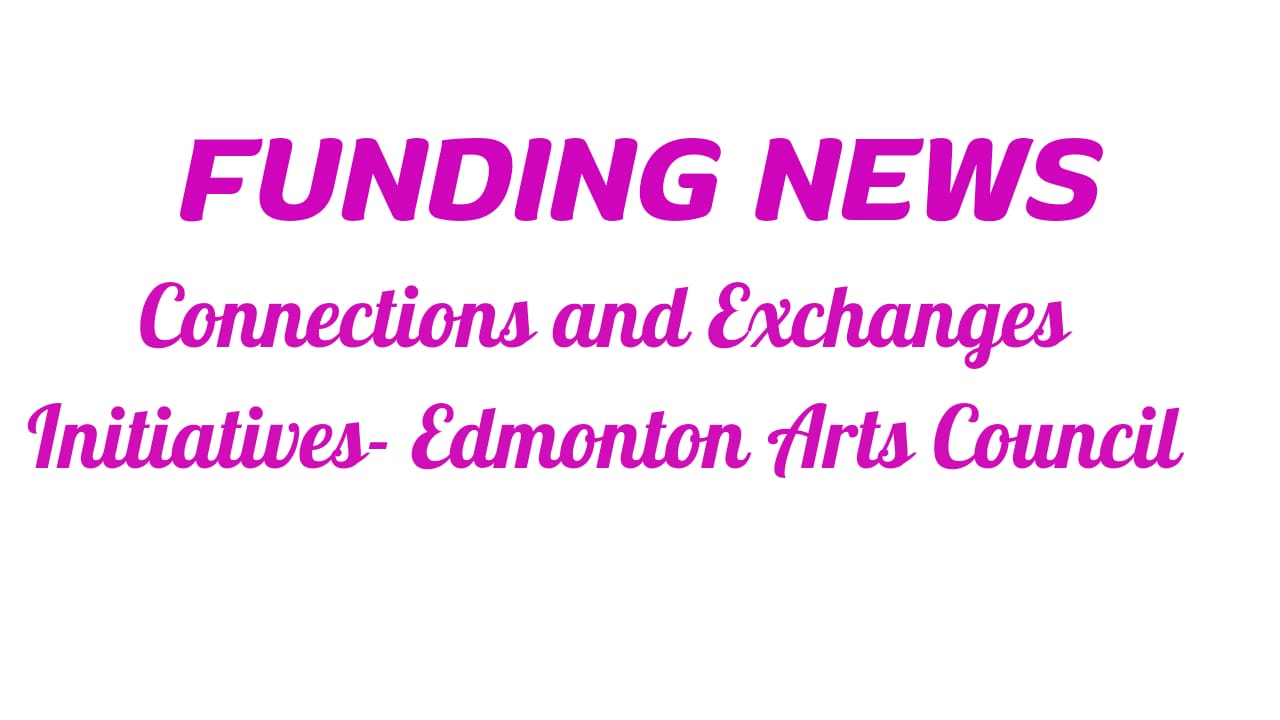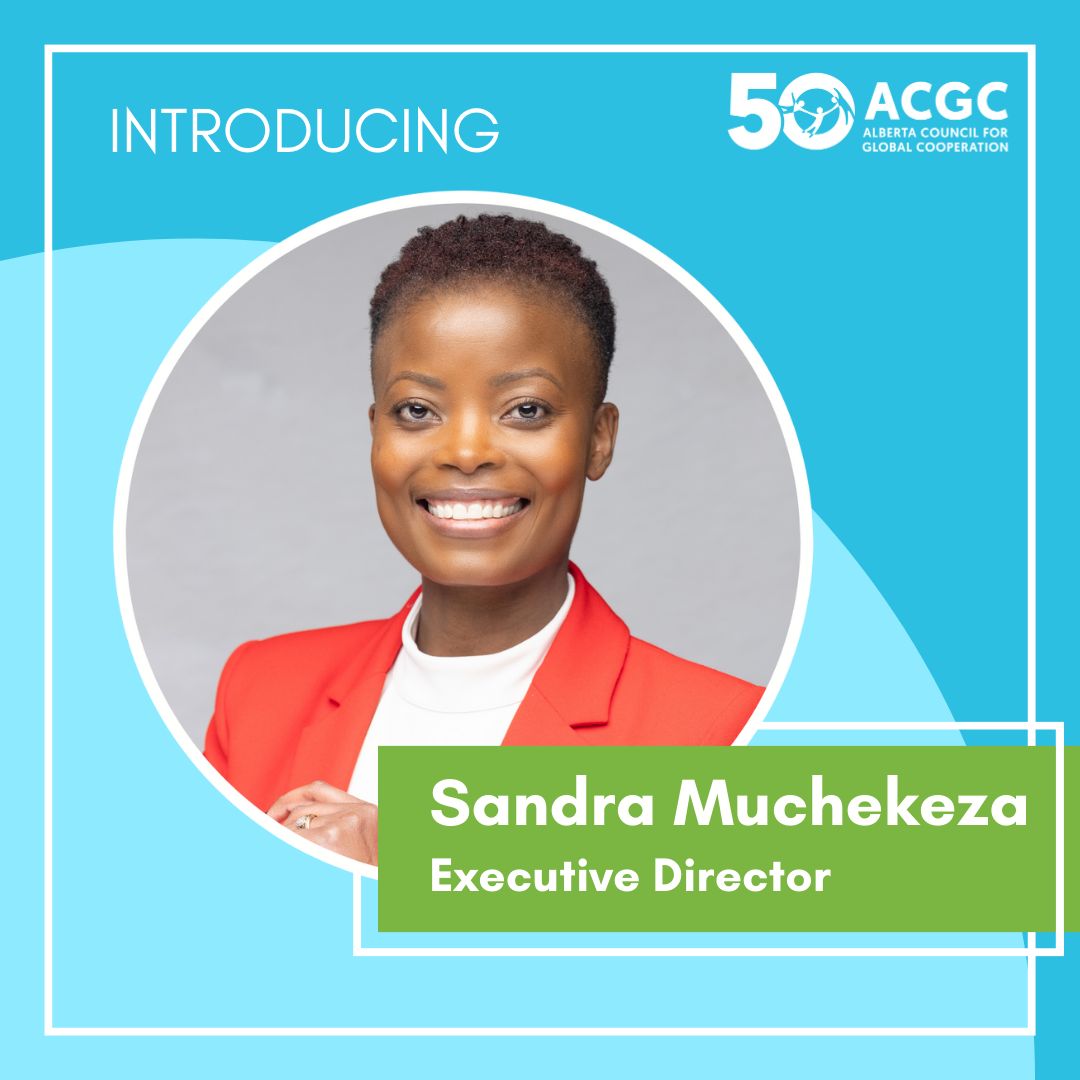
The Importance of Collective Action to Combat Colonial Injustice
Indigenous women and girls experience both patriarchal and colonial oppression among the many barriers faced by women in Canada. Over the last federal election cycle, it has become apparent that political parties are inclined to hold their power, irrespective of implementing meaningful policy changes.
Amid a global pandemic, the Trudeau government initiated an early election in September 2021 to take advantage of voter apathy, burnout, and ultimately a timely rise in the regime’s approval ratings.
In 2015, Justine Trudeau promised to adopt and implement the Truth and Reconciliation Commission’s 94 Calls to Action, which addresses numerous sectors in Canadian politics, institutions, and communities. Yet, among the many promises espoused by Trudeau, the 94 Calls to Action remain an after-thought, one that no bureaucrat feels warrants any policy or regulatory intervention.
False Promises
Among the recommendations actioned by Trudeau’s government include the creation of the Council for the Arts. The council’s role is to establish a strategy for Indigenous and non-Indigenous artists to undertake collaborative projects.
This is an important step, yet, it falls short of the significant recommendations required in the justice system, social services, and basic infrastructure in Indigenous nations and communities.
There are currently 30 recommendations marked as “In-Progress,” as well as 32 “Proposed” recommendations in Trudeau’s government. With the progress of these bureaucratic processes, generations of Indigenous women and girls are enduring the Covid-19 pandemic alongside the current issues within their communities. As well, the Missing Indigenous Women and Girls crisis is ongoing, and despite a comprehensive report emphasizing the dramatic effects of this crisis, few changes have been made.
In settler-colonial countries like Canada, Indigenous women and girls endure disproportionate levels of domestic violence, sexual assault, and violence within the child welfare system than white women and girls.
For example, a report published by Statistics Canada earlier this year reported that approximately 63 percent of Indigenous women had experienced violence, and 46 percent had experienced sexual assault. It is unconscionable that the current government devalues such devastating findings and lacks the political will to implement meaningful policy reforms.
Colonial Injustice and Government Inertia
As long as Canada’s borders cover Indigenous land, which they do today, Indigenous women and girls will suffer the violent repercussions of Canada as a sovereign country. With this in mind, bureaucrats have no incentive to address systemic crises and barriers for Indigenous women and girls as it ultimately does not affect them. Bureaucrats are unaffected by issues faced by Indigenous peoples in Canada, meaning there is virtually no hope for government action to support the rights, agency, and jurisdiction of Indigenous nations and communities.
Despite the prolonged government inertia, false promises, and lip service paid by the Trudeau government and those preceding him, collective action forms the basis of fundamental change in Canada.
Yet, as seen through Nunuvut’s previous Member of Parliament, Mumilaaq Qaqqaq’s departure from her post due to alienation, discrimination, and repression in government – as well the withdrawal of Member of Parliament Jody Wilson-Raybould from Trudeau’s Liberal party, Indigenous women’s efforts to reform Canadian policy from within falls short.
With this in mind, it is essential to mobilize within your communities to support the initiatives, demands, and critiques of Indigenous peoples. Unfortunately, provincial and federal initiatives, such as Alberta’s recent Premier’s Council on Missing and Murdered Indigenous Women and Girls, continue to move at snail’s speed, and no positive impacts have rippled through Alberta’s Indigenous nations and communities.
Community-Based Action
Moving away from governments that embody and perpetuate patriarchal and colonial policies, Indigenous peoples have established organizations that intend to support the reality of Indigenous peoples today.
For example, in Edmonton, Indigenous Mutual Aid is a pivotal organization that provides resources, services, and advocates for Indigenous peoples in need. From emergency funds to services for Indigenous women and girls, mutual aid targets local communities and fills in the gaps left by an ineffective government.
With the lockdowns, mandates, and curfews put in place in response to the Covid-19 pandemic, Indigenous nations and communities, which already have high rates of suicide, substance abuse, and mental health issues, were again confronted with additional barriers to services and support.
While government services were shut down, local shops closed their doors, and many other services were put on hold, Indigenous communities are at the forefront of the consequences of unilateral government decision-making.
Consequently, working on a community-based level subverts the government bureaucracy of Canada and intends to support Indigenous women and girls without the prolonged paperwork and decision-making processes. With the resources available through Indigenous Mutual Aid, communities like Edmonton can establish mutual aid organizations that can help support unhoused and vulnerable women and girls. Irrespective of your race, religion, and gender, participating in Indigenous mutual aid initiatives benefit the whole community and saves lives.
Combatting colonial injustice cannot happen within a colonial government – working in your community harnesses the power of the collective to provide support, services, and resources required for a healthy, safe and thriving community. Indigenous women and girls deserve better than an inefficient and apathetic government response to genocide, meaning ordinary citizens need to volunteer and take action to support those struggling within their communities.
Please see the resources here to learn more about collective action, mutual aid, and supporting Indigenous people in your community.
Please see the resources here to learn more about collective action, mutual aid, and supporting Indigenous people in your community.
April Dela Paz Talks TAYO YEG | A Collective of Filipino Youth Organizations





